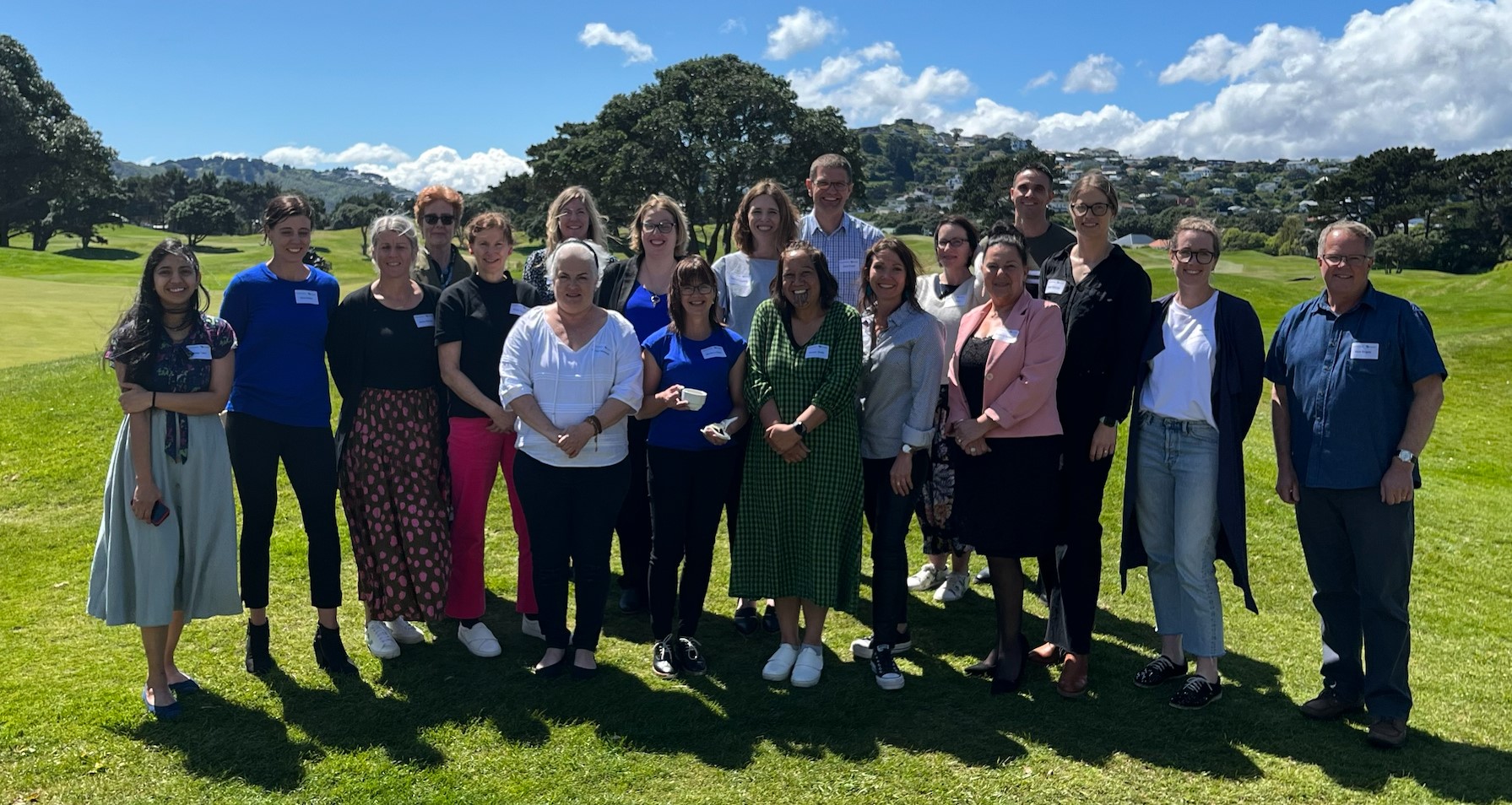Learning session round-up for the serious traumatic brain injury rehabilitation collaborative
Five teams of trauma clinicians from around Aotearoa New Zealand took part in the first two learning sessions of a national quality improvement collaborative focused on serious traumatic brain injury rehabilitation.
The collaborative, which is being run by the Health Quality & Safety Commission in partnership with the National Trauma Network, aims to increase rates of screening for post-traumatic amnesia (PTA) when a person is admitted to hospital following major trauma. It is one of two workstreams aiming to improve outcomes for New Zealanders who experience serious traumatic brain injury. 
The first learning session took place in Wellington on 18 October, followed by an online learning session two weeks later.
The length of PTA is an indicator of the severity of traumatic brain injury. On this basis, it predicts a person’s functional outcomes from the injury and indicates the rehabilitation a person will require in their recovery. There is currently variation in PTA assessment across Aotearoa New Zealand. If a diagnosis of traumatic brain injury is missed while a person is in hospital, it is more difficult for that person to receive rehabilitation specific to their brain injury. This in turn can lead to delays in functional recovery, holding back the person from returning to work and reducing their overall quality of life. With processes in place to systematically assess for PTA, people will be able to access the rehabilitation they need in a timely way.
In the first learning session, the teams learned some of the quality improvement theory they will use during their projects. Staff from the Health Quality & Safety Commission worked with the teams to develop their aim statements, discuss how to engage consumers in their project work and map their current processes to help them identify opportunities for improvement. The teams also began to develop their theories of change and measurement plans. The second learning session focused on access to rehabilitation after traumatic brain injury and introduced some e-learning that has been developed to support training in PTA assessment.
Over the next four months the team from the Health Quality & Safety Commission will work closely with the project teams as they continue this important work to improve Aotearoa New Zealand’s trauma systems. In the coming months the Commission will be recruiting teams to participate in the second wave of this work beginning in early 2023.
